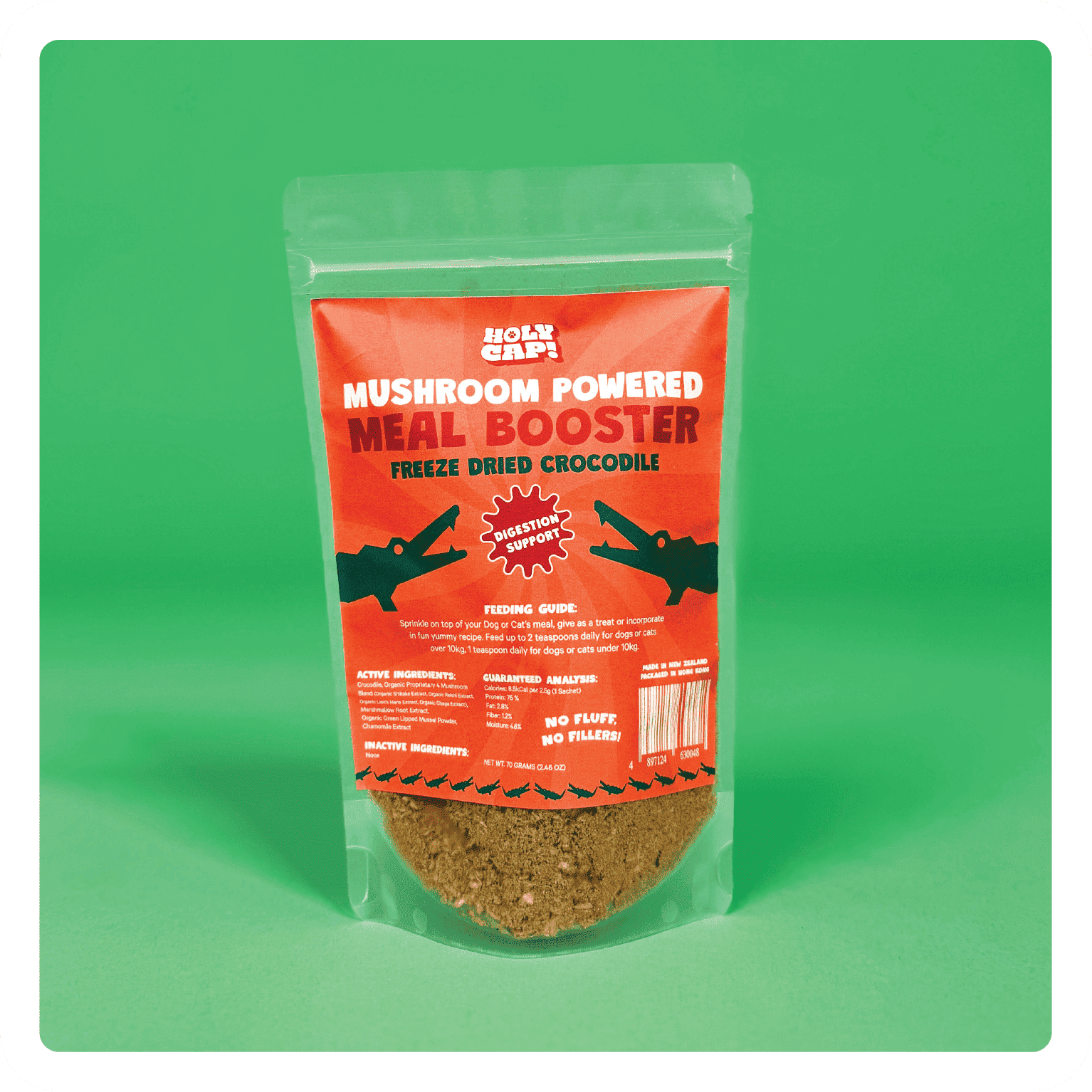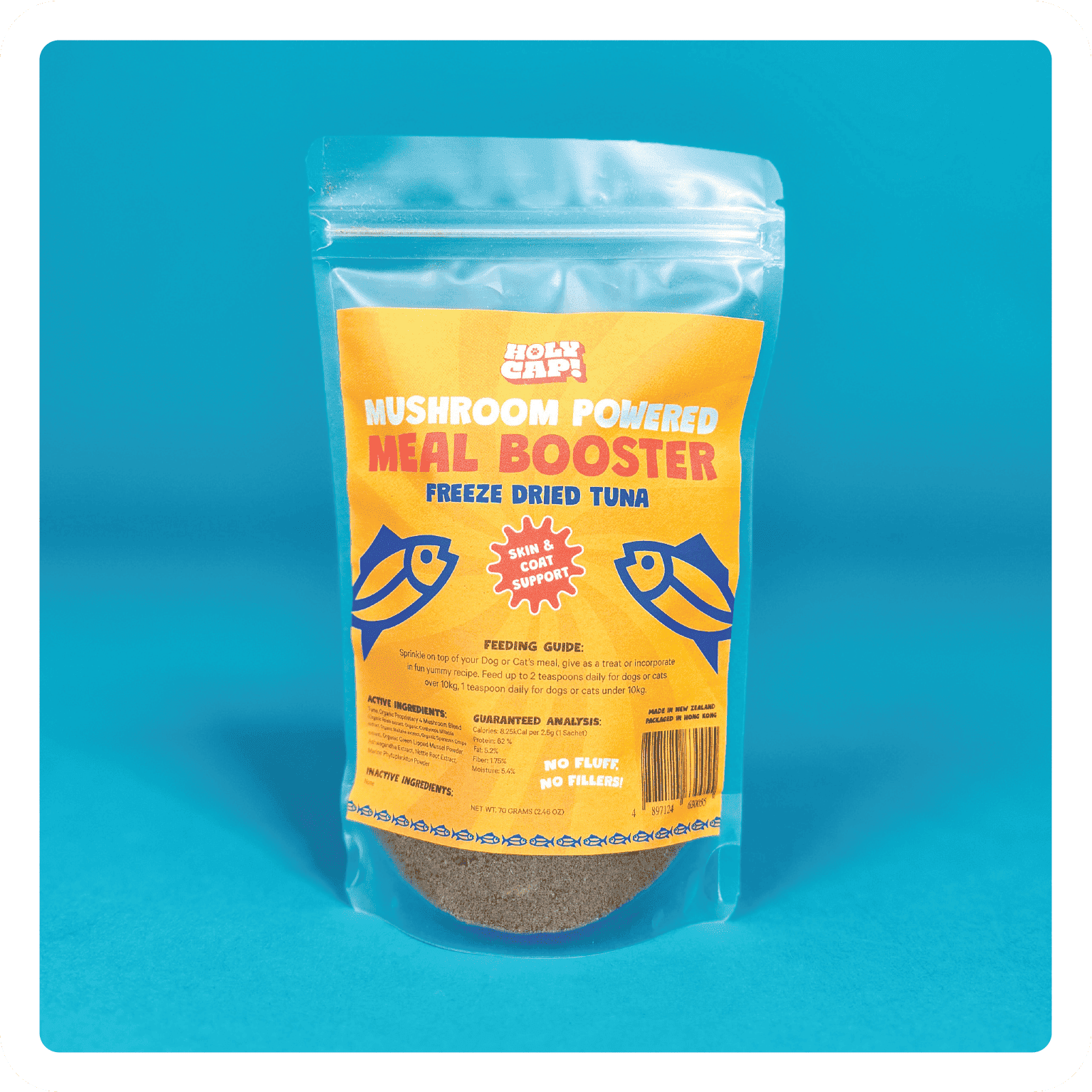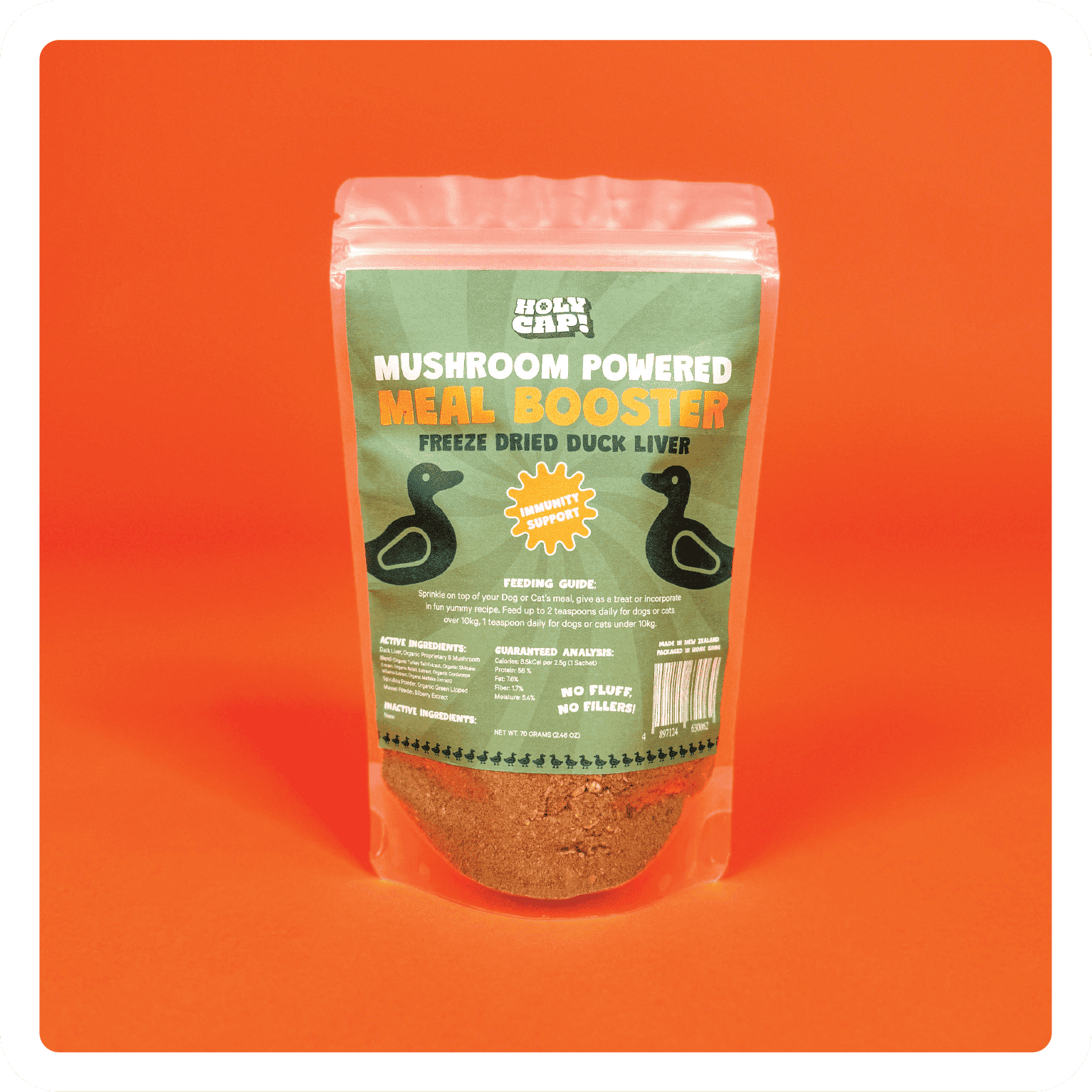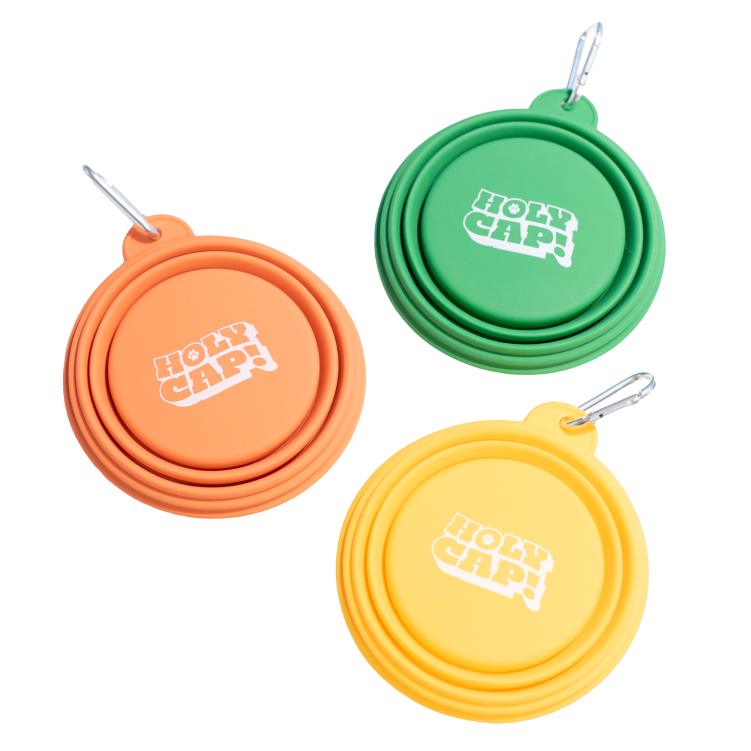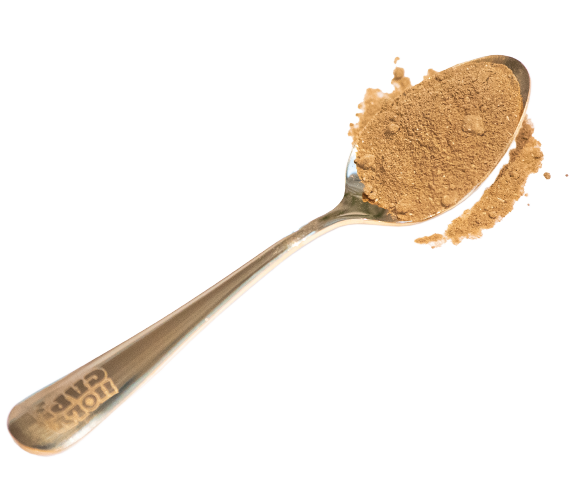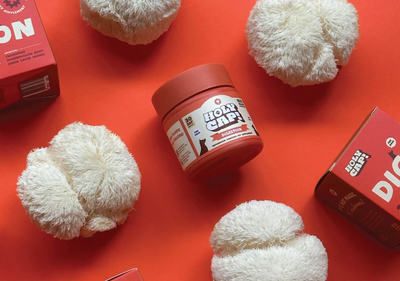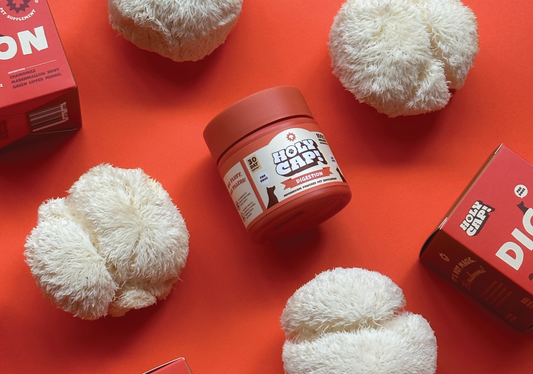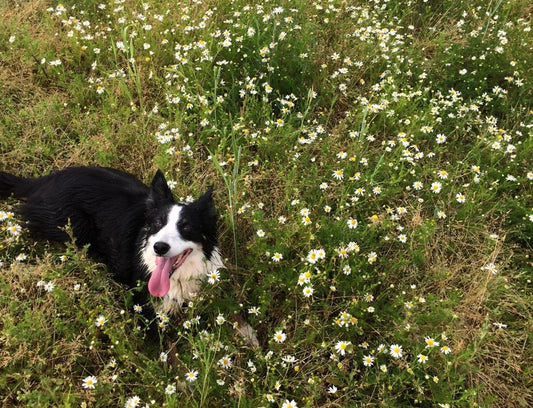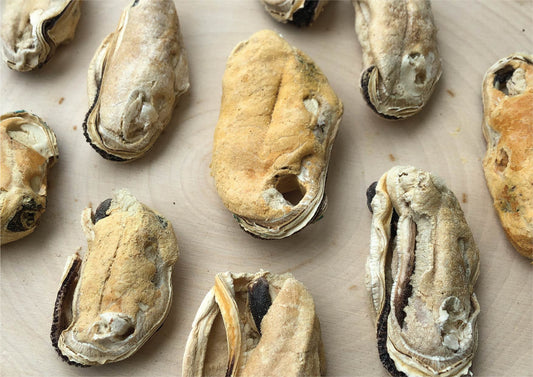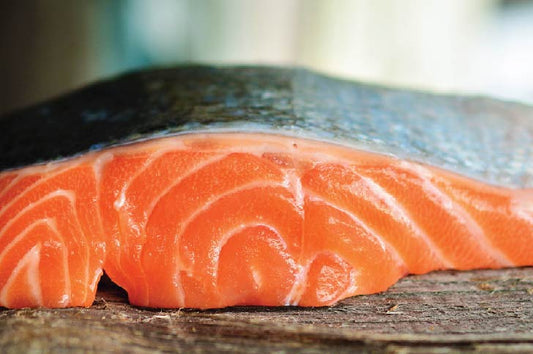By Charlotte Davies – Joint Dynamics Physiotherapist
As a dog owner, it's important to be able to recognize when your pet may potentially be in pain. Dogs can't verbally communicate their discomfort, so it's up to us to pay attention to their behavior and physical cues. Dogs in pain, may exhibit behavioural signs, physical signs or a combination of both.
TOP BEHAVIOR SIGNS YOUR DOG MIGHT BE IN PAIN
● Restlessness or agitation
● Decreased appetite or thirst
● Lethargy or decreased activity level
● Excessive panting or drooling
● Whining, whimpering, or vocalizing
● Excessive grooming or licking of a particular area
● Avoiding certain movements or positions
● Hiding or seeking solitude
● Aggression or irritability
TOP PHYSICAL SIGNS YOUR DOG MIGHT BE IN PAIN
● Limping, favoring a limb, or reluctance to walk or run● Trembling, shaking, or shivering
● Changes in posture or gait
● Holding a limb or body part in an abnormal position
● Swelling, redness, or warmth in a particular area
● Changes in breathing rate or pattern
● Dilated or constricted pupils
If you notice any of these signs in your dog, it's important to take them to the vet for a thorough examination. Pain can be caused by a variety of issues, including injuries, infections, arthritis, and other underlying disease or pathology. Your vet can help diagnose the underlying cause of your dog's pain and provide treatment options to help alleviate their discomfort.

If the pain is musculoskeletal in nature, your vet may consider referring your dog to a specialist canine physiotherapist. Just as with people, canine physiotherapy can help reduce pain, recover faster post-operatively, return to pre-injury function and grow old gracefully!

The physiotherapist will work closely with you and your dog to develop a treatment plan that is tailored to their specific needs. One of the benefits of physiotherapy is that it can often reduce the need for medication or surgery. By improving your dog's physical condition, physiotherapy can help reduce pain and improve their quality of life.
In addition to seeking veterinary care and physical therapy, there are some things you can do at home to help your dog feel more comfortable.
#1
Provide a soft, comfortable bed to rest on, and avoid activities that exacerbate their pain, such as running off leash or jumping on and off the sofa.

#2
Make sure they have access to fresh water and nutritious food, as a healthy diet can help support their overall wellbeing.

#3
Regular exercise and maintaining a healthy weight can help reduce strain on joints and reduce pain and symptoms associated with conditions such as arthritis.

#4
Consider providing supplements or medications as recommended by your vet. One potential option to consider is the use of holistic supplements that include functional mushrooms. There are several types of mushrooms, such as Reishi, Lion’s Mane, Chaga, Maitake, Turkey Tail and Cordyceps that have been shown to have anti-inflammatory and pain-reducing properties.
Recognizing the signs of pain in your dog and seeking veterinary care is crucial to helping your dog feel their best. In addition to traditional treatments, such as medication and surgery, preventative care, including supplements and physiotherapy, can also be valuable tools in managing your dog's pain. By working closely with your veterinarian and considering all aspects of your dog's health and well being, you can help ensure that they live a comfortable, pain-free and happy life.
About the author:
Charlotte is an experienced, UK qualified physiotherapist with a masters degree in animal physiotherapy. She has lived and worked in Hong Kong for the last 6 years. If you are interested in learning more about canine physiotherapy or have any questions, feel free to drop her an email charlotte.davies@jointdynamics.com.hk or follow her on instagram @jointdynamics.pedigreephysio
